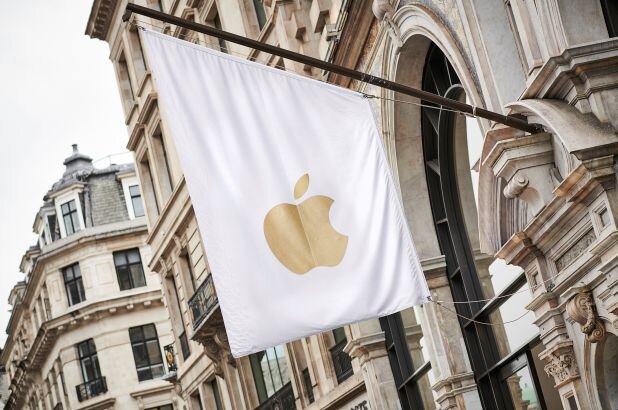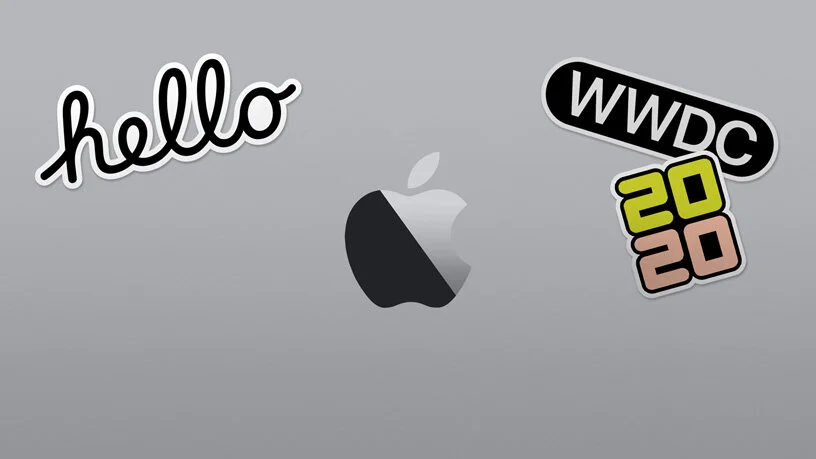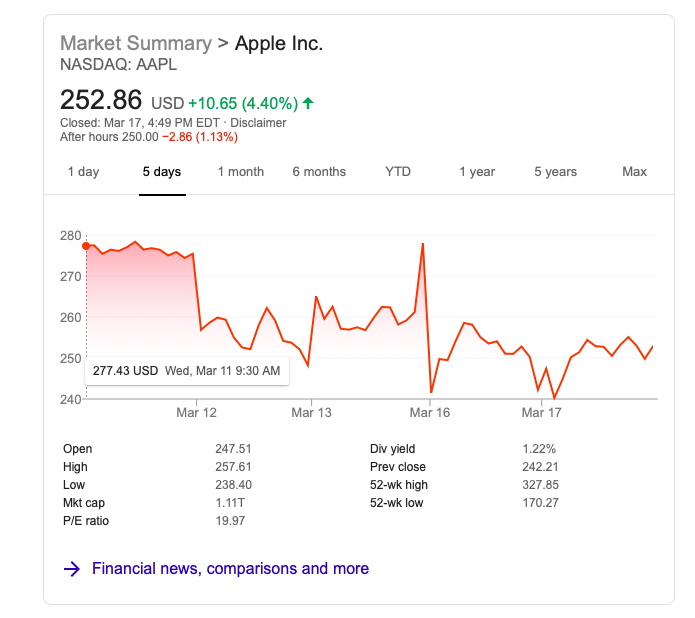FDA Offers Emergency Use Authorization For Two Vaccines to Combat Covid-19
Elf
The FDA approved emergency use of two vaccines, one by Pfizer and one by Moderna to combat Covid-19
Pfizer and Moderna Vaccines to Prevent Covid-19
“With the availability of two vaccines now for the prevention of COVID-19, the FDA has taken another crucial step in the fight against this global pandemic that is causing vast numbers of hospitalizations and deaths in the United States each day.”
On Dec 11, the U.S. Food and Drug Administration (FDA) issued an emergency use authorization (EUA) for a vaccine to prevent the coronavirus disease 2019 (COVID-19) that is caused by severe acute respiratory syndrome coronavirus 2 (SARS-CoV-2) . The vaccine is approved for use in individuals aged 16 years of age and older. This emergency use authorization allows the Pfizer-BioNTech COVID-19 Vaccine, manufactured by the pharmaceuticals company Pfizer Inc. to be distributed in the U.S.
A week later, the FDA also approved an EUA for the vaccine developed by Moderna, another pharmaceutical company. The Moderna COVID-19 Vaccine contains messenger RNA (mRNA), which is genetic material. The vaccine contains a small piece of the SARS-CoV-2 virus’s mRNA that instructs cells in the body to make the virus’s distinctive “spike” protein. After a person receives this vaccine, their body produces copies of the spike protein, which does not cause disease, but instead, triggers the immune system to learn to react defensively, producing and developing an immune response against SARS-CoV-2.
While approving emergency use of both vaccines, the FDA also warned that the FDA does not have any FDA-approved vaccines and that taking this vaccine, while recommended, may not protect everyone. Still the clinical success rates are much higher than standard issue vaccines that hover around 70%. Clinical trials had initially shown a 95% success rate for the Pfizer vaccine and 94.1% success rate for the Moderna vaccine, giving researchers more confidence in recommending the vaccine for use.
Both the Pfizer-BioNTech COVID-19 Vaccine and the Moderna COVID-19 Vaccine are administered as a 2-dose series, 3 weeks apart, into the muscle.
Covid-19 Symptoms
COVID-19 disease is caused by a coronavirus called SARS-CoV-2, which has not been seen before. You can get COVID-19 through contact with another person who has the virus. Primarily a respiratory illness that can affect other organs, COVID-19 has results in varying symptoms in people from mild to severe illness. Symptoms do not appear immediately showing up 14 days after infection or exposure. Symptoms can include any of the following: fever or chills; cough; shortness of breath; fatigue; muscle or body aches; headache; new loss of taste or smell; sore throat; congestion or runny nose; nausea or vomiting; and diarrhea.
Side Effects of Taking a Vaccine
After receiving a second dosage of the vaccine, some recipients have reported side effects such as pain at the injection site, tiredness, headache, muscle pain, chills, joint pain, and fever.
More information is available on the FDA’s website and via this Pfizer PDF download and Moderna PDF download.
More data on the clinical trials are available at the New England Journal of Medicine.




